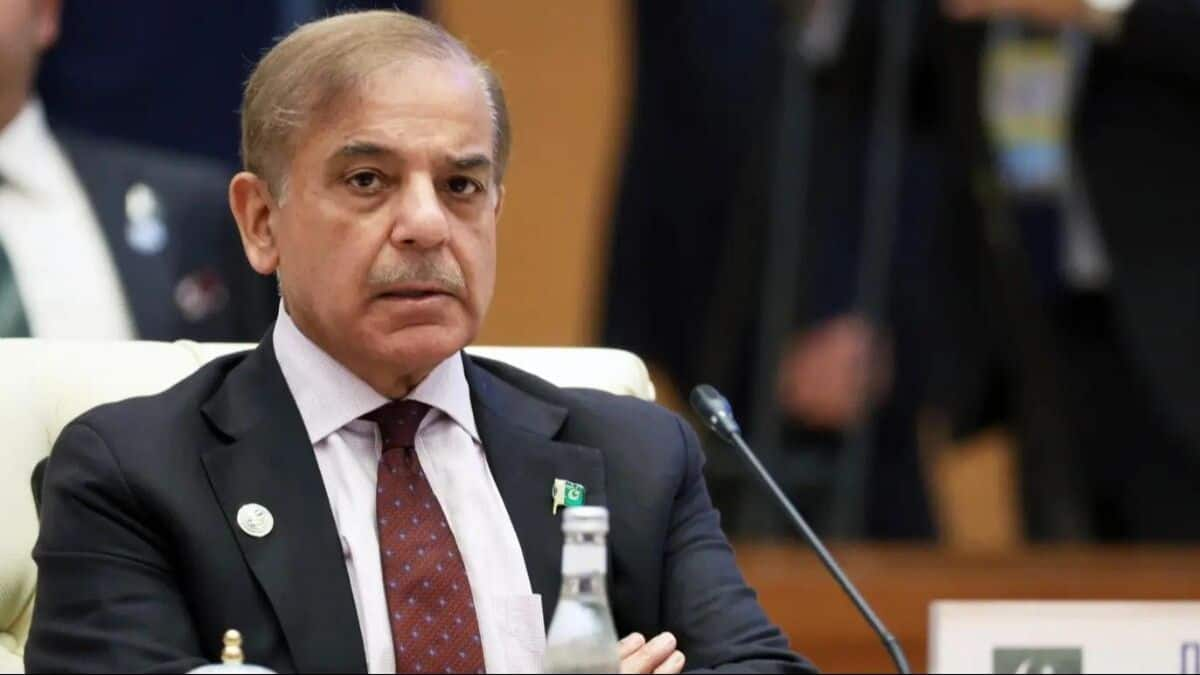
IMF approves $7 billion loan to aid Pakistan's economy
What's the story
The International Monetary Fund (IMF) has approved a $7 billion loan to Pakistan in an effort to stabilize its struggling economy.
This marks the 24th IMF bailout for the South Asian country since 1958, secured in exchange for implementing unpopular reforms, including expanding the nation's low tax base.
Prime Minister Shehbaz Sharif emphasized that this should be considered the last program and stressed on tax reforms, stating, "We should tax those who are not being taxed."
Economic challenges
Pakistan's economic woes and IMF loan conditions
Sharif stated that the new loan will be disbursed over three years subject to approval by the IMF's Executive Board.
The loan conditions include significant reforms such as increasing household bills and improving tax collections.
Pakistan's economy has been grappling with political turmoil, devastating monsoon floods in 2022, years of mismanagement, and a global economic downturn.
The country narrowly avoided default last year thanks to emergency loans from friendly nations and an IMF rescue package.
Tax reforms
Tax reforms and revenue collection strategies
In a country of over 240 million people, only 5.2 million filed income tax returns in 2022.
The government aims to raise nearly $46 billion in taxes during the 2024-25 fiscal year, marking a 40% increase from the previous year.
Unconventional methods such as blocking mobile SIM cards of non-tax filers have been employed to broaden the revenue base.
IMF Pakistan Mission Chief Nathan Porter stated that "revenue collections will be supported by simpler and fairer direct and indirect taxation."
Economic outlook
Public debt and economic outlook amid IMF loan
Pakistan's public debt remains substantial at $242 billion, with half of the government's income in 2024 expected to go toward servicing it.
The IMF anticipates that the loan and its conditions will help Pakistan "cement macroeconomic stability and create conditions for stronger, more inclusive and resilient growth."
However, analysts like Ali Hasanain have criticized these measures as surface-level reforms that do not address underlying issues.
Public response
Political turmoil and public response to economic measures
Prime Minister Sharif, who came to power in February elections marred by allegations of rigging, faces potential backlash due to the strict economic measures introduced by his coalition government.
Protests over tax and bill hikes introduced in last month's budget are already taking place, with more demonstrations scheduled for the coming weeks.
Meanwhile, the World Bank fears that an additional 10 million Pakistanis could fall below the poverty line as a result of these challenges.